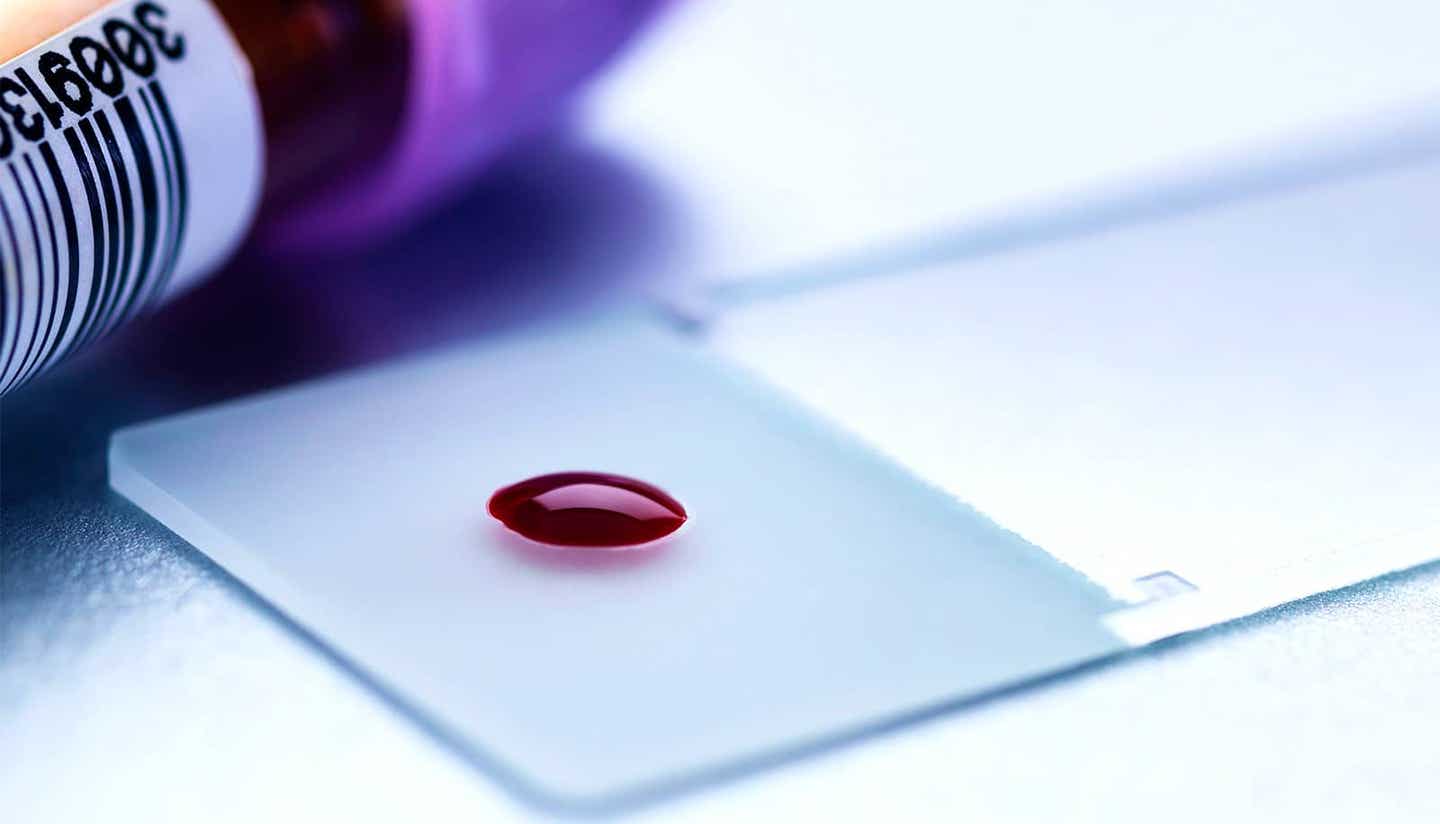A single drop of blood provides comprehensive health insights within minutes
Imagine a future where a single drop of blood can provide comprehensive health insights in just minutes. This vision is becoming a reality.

Imagine a future where a single drop of blood can provide comprehensive health insights in just minutes. (CREDIT: Creative Commons)
Imagine a future where a single drop of blood can provide comprehensive health insights in just minutes. This vision is becoming a reality thanks to scientific advancements by a team led by Mihaela Žigman at Ludwig-Maximilians-Universität München (LMU) and the Max Planck Institute of Quantum Optics (MPQ), in collaboration with Helmholtz Zentrum München. They have developed a health screening tool that uses infrared light and machine learning to detect multiple health conditions with one measurement.
Infrared spectroscopy, which employs infrared light to analyze the molecular composition of substances, has been a foundational tool in chemistry for decades. It essentially gives molecules a unique fingerprint through a specialized machine called a spectrometer.
When applied to complex biofluids like blood plasma, this technique can reveal detailed molecular information, making it a promising tool for medical diagnostics. Despite its long-standing use in chemistry, infrared spectroscopy has not been widely adopted in medical diagnostics.
The BIRD team, led by Mihaela Žigman, aimed to change this. Having established a method for measuring human plasma, they collaborated with Annette Peters' team from Helmholtz Munich to pioneer infrared molecular fingerprinting in a diverse population.
This involved measuring blood from thousands of individuals in the KORA study, a comprehensive health research project in Augsburg, Germany. The study included randomly selected adults, providing a representative sample of a naturally variable population for medical examinations and blood donations.
The KORA study took on new significance with this approach. Over 5,000 blood plasma samples were measured using Fourier transform infrared (FTIR) spectroscopy. Tarek Eissa and Cristina Leonardo of the BIRD team at LMU analyzed these samples, using infrared light to obtain molecular fingerprints.
They then applied machine learning to correlate these fingerprints with medical data, discovering that they contain valuable information for rapid health screening. The computer algorithm developed can distinguish between various health states, including abnormal blood lipid levels, blood pressure changes, type-2 diabetes, and even pre-diabetes, a precursor to diabetes often undetected.
Significantly, the algorithm could also identify individuals who were healthy and remained healthy over the years. This is crucial for two reasons: firstly, most people experience abnormal health changes, and finding completely healthy individuals is challenging. Secondly, many individuals suffer from multiple conditions in various combinations.
Traditionally, each disease would require a separate test. However, this new approach doesn't just pinpoint one condition at a time—it accurately identifies a range of health issues. This machine learning-powered system can detect complex conditions involving multiple illnesses simultaneously and predict the development of metabolic syndrome years before symptoms appear, providing a window for early interventions.
The study, published in Cell Reports Medicine, lays the groundwork for infrared molecular fingerprinting to become a routine part of health screening, enabling doctors to detect and manage conditions more efficiently. This is especially important for metabolic disorders like cholesterol abnormalities and diabetes, where timely and effective interventions can significantly improve outcomes.
The potential applications of this technology extend even further. As researchers continue to refine the system and expand its capabilities, they hope to add more health conditions and their combinations to the diagnostic repertoire. This could lead to personalized health monitoring, where individuals regularly check their health status and catch potential issues long before they become serious.
Combining infrared spectroscopy with machine learning is poised to transform health diagnostics. With a single drop of blood and infrared light, we will have a powerful new tool to monitor our health, catching problems more efficiently and potentially improving healthcare globally.
Note: Materials provided above by the The Brighter Side of News. Content may be edited for style and length.
Like these kind of feel good stories? Get the Brighter Side of News' newsletter.
Joshua Shavit
Science & Technology Writer | AI and Robotics Reporter
Joshua Shavit is a Los Angeles-based science and technology writer with a passion for exploring the breakthroughs shaping the future. As a contributor to The Brighter Side of News, he focuses on positive and transformative advancements in AI, technology, physics, engineering, robotics and space science. Joshua is currently working towards a Bachelor of Science in Business Administration at the University of California, Berkeley. He combines his academic background with a talent for storytelling, making complex scientific discoveries engaging and accessible. His work highlights the innovators behind the ideas, bringing readers closer to the people driving progress.



